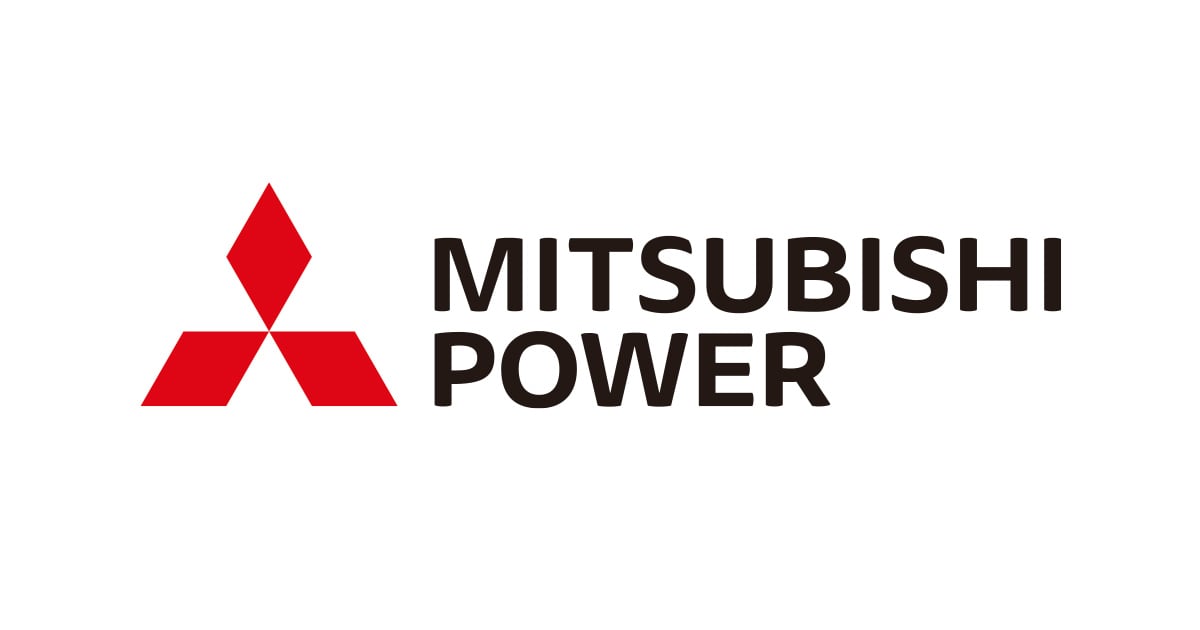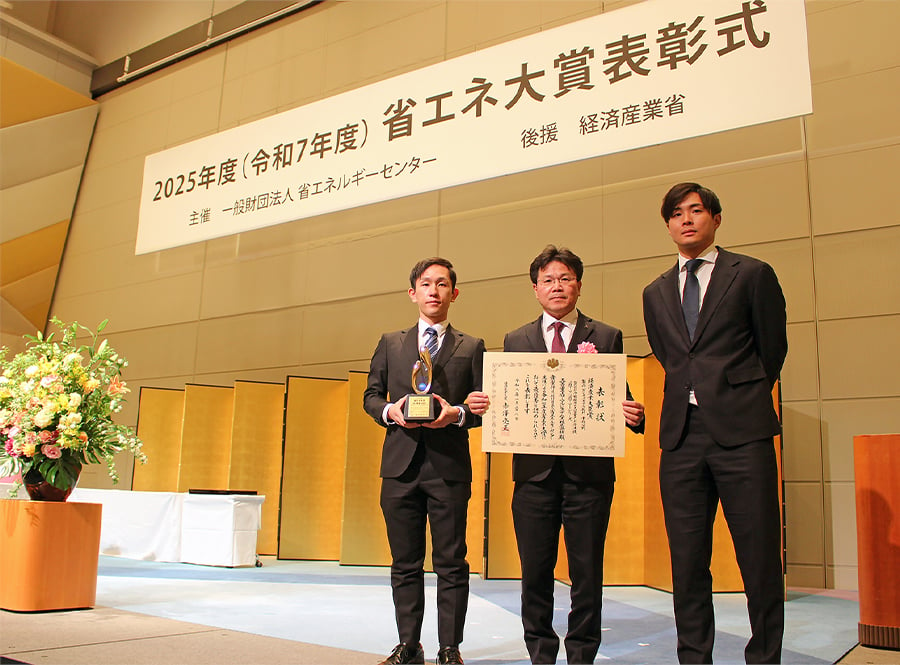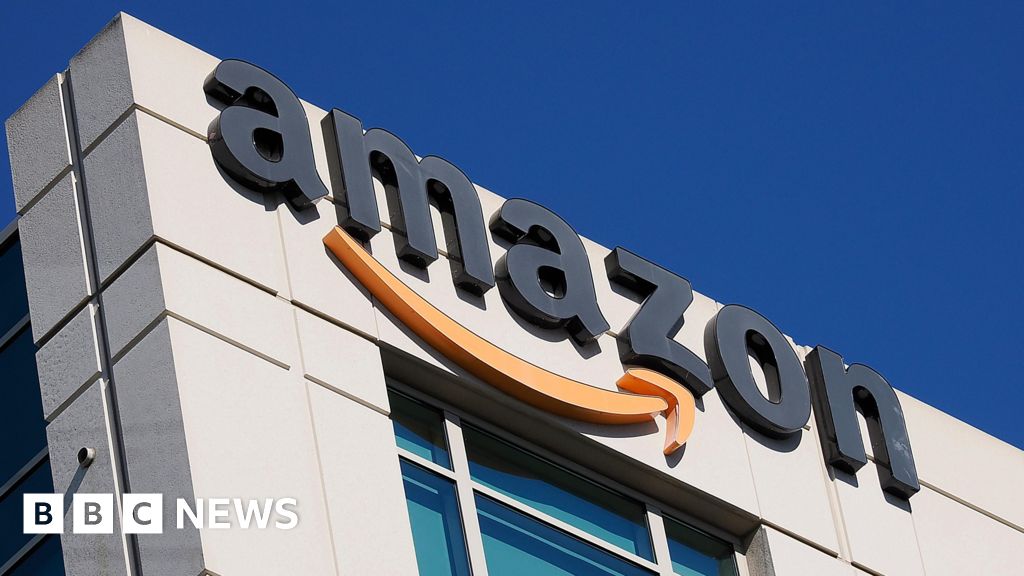Web publishers and news organisations could be given the power to stop Google scraping their content for its AI Overviews, under measures announced by the UK competition watchdog to loosen its grip on online search.
Media organisations have experienced a drop in click-through traffic to their websites – and therefore their revenue – since Google started posting AI summaries at the top of search results, which many people read without clicking through to the original journalism.
Sites have been unable to opt out of their content being scraped for those overviews without also withdrawing from traditional Google search, which, given the company’s market dominance, would hugely affect the visibility of their journalism.
On Wednesday, the Competition and Markets Authority proposed “a fairer deal” over how their content was used and launched a month-long consultation on allowing publishers to “be able to opt out of their content being used to power AI features such as AI Overviews or to train AI models outside of Google search”.
In the first measures to be announced under the UK’s new digital markets competition regime, the CMA also said Google would have to rank its search results fairly, including not uprating organisations with which it has commercial relationships or potentially punishing websites for speaking out against it. Google says it does not provide special treatment based on an organisation’s relationship with it.
News media organisations hope the changes will increase their leverage to get paid if their content is used in Google’s AI mode. However, there was disappointment that the CMA also announced it would wait a year to decide whether to take further action to ensure publishers receive fair and reasonable terms for their content.
Owen Meredith, the chief executive of the News Media Association trade body, welcomed the moves. He said the CMA had recognised Google was “able to extract valuable data without reward, harming publishers and giving the company an unfair advantage over competitors in the AI model market, including British startups”.
Google said: “Any new controls need to avoid breaking search in a way that leads to a fragmented or confusing experience.” But added that it was “working on ways to let news sites opt out of AI Overviews”.
The CMA is also expected to legally require Google to install “choice screens” to allow users to more easily switch to other search services on Android mobiles and introduce them on the Google Chrome browser.
This month a report from the Reuters Institute for the Study of Journalism found media executives around the world feared search engine referrals would fall by 43% over the next three years amid the rise of AI summaries and chatbots.
Google search is down 33% globally, according to data for more than 2,500 news sites sourced by Chartbeat, with lifestyle, celebrity and travel content more heavily affected than current affairs and news outlets.
Sarah Cardell, the CMA chief executive, said the moves would give UK businesses and consumers more control over how they interacted with Google search, unlock opportunity for innovation across the UK tech sector and “provide a fairer deal for content publishers, particularly news organisations, over how their content is used in Google’s AI Overviews”.
Ron Eden, Google’s principal for product management, said: “Our goal is to protect the helpfulness of search for people who want information quickly, while also giving websites the right tools to manage their content. We look forward to engaging in the CMA’s process and will continue discussions with website owners and other stakeholders on this topic.”










